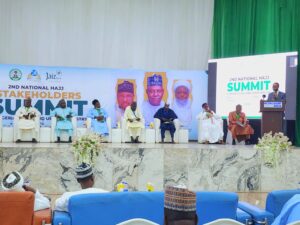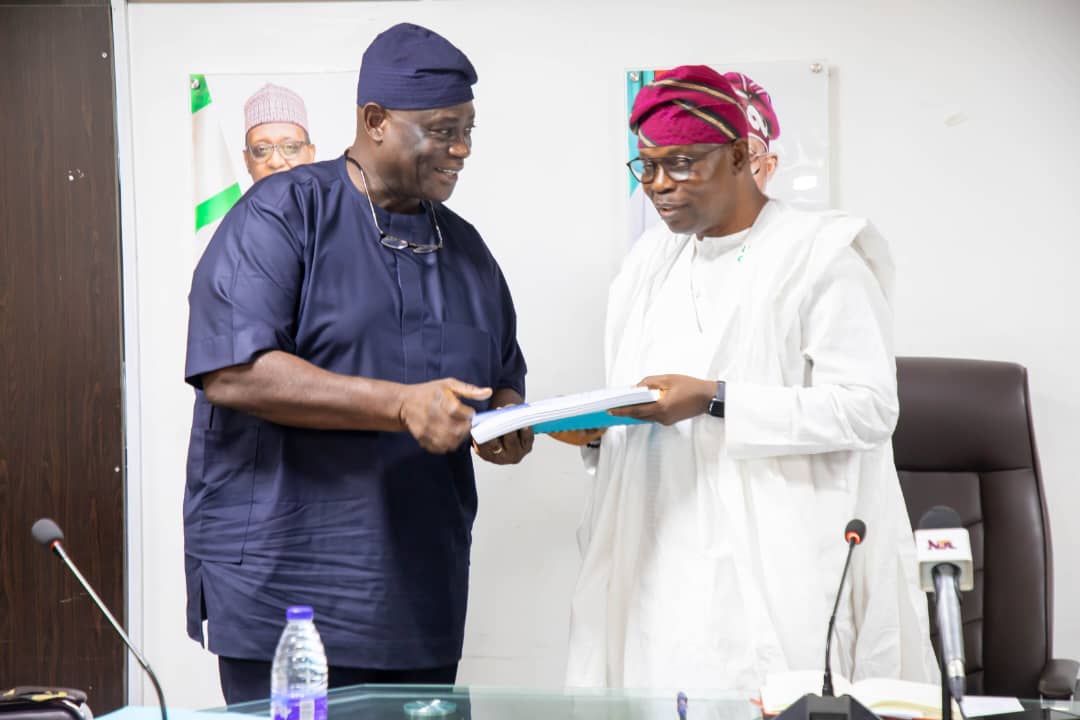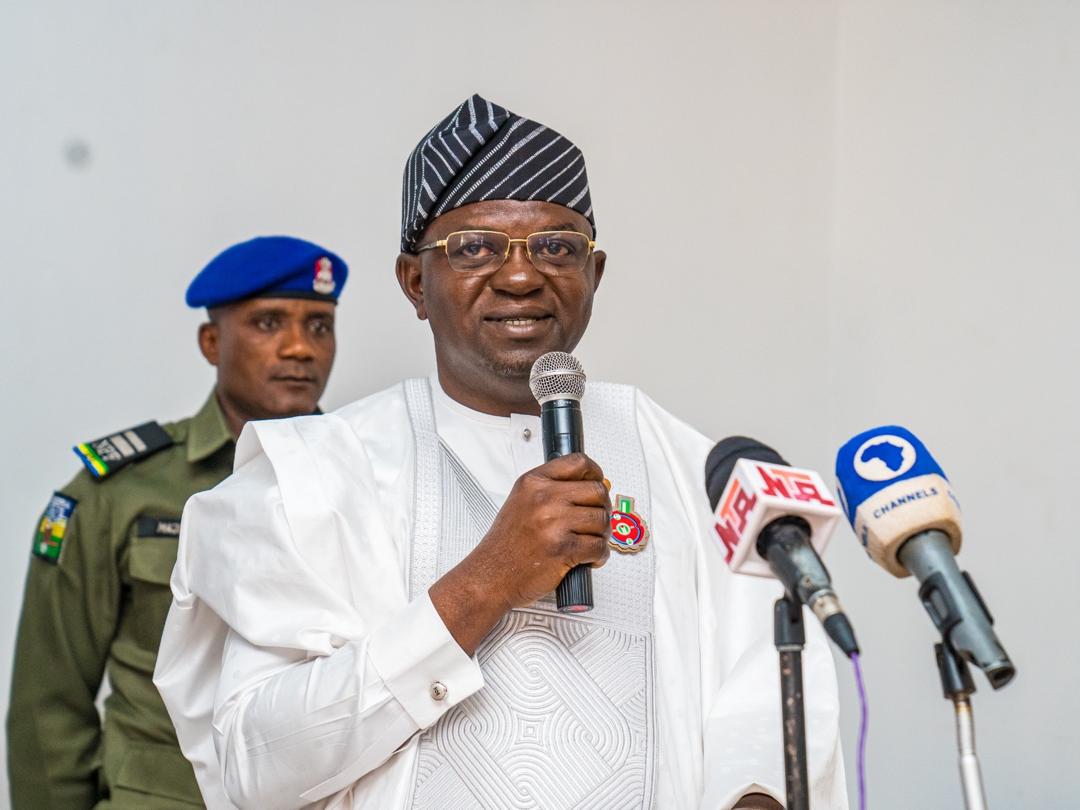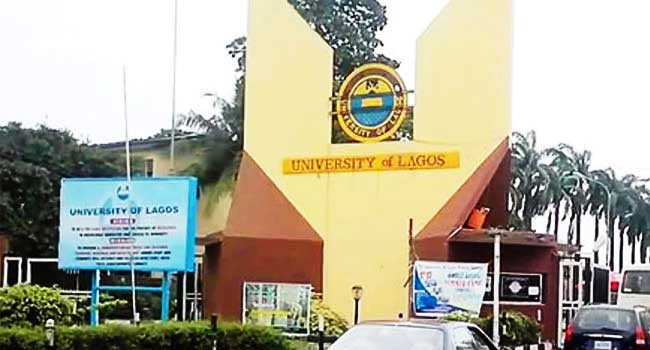Harsh Economy, Soaring Inflation Slash Numbers of Nigerian Pilgrims for 2025 Hajj – Stakeholders Laments
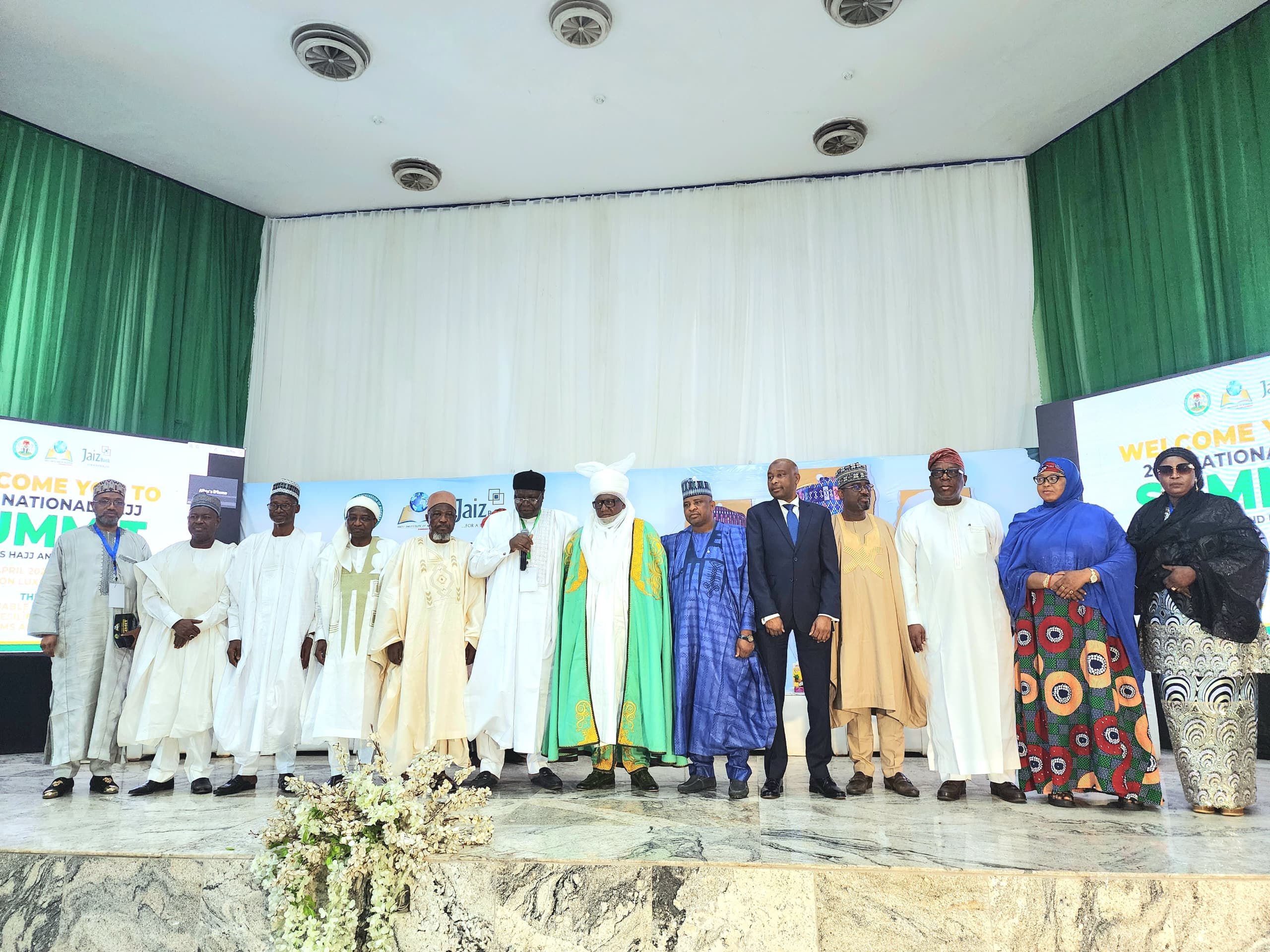
By Fatima Saka
As Muslim faithful from around the world prepare for the 2025 Hajj in Saudi Arabia, Nigerian stakeholders have raised concerns over the significant drop in the number of pilgrims due to economic hardships and rising costs.
At the 2nd National Hajj Stakeholders Summit held in Abuja on Wednesday, participants lamented the adverse impact of global inflation and the weakening Naira on Nigerians’ ability to fulfill the sacred pilgrimage. The summit was themed “Sustainable Hajj Financing: Developing a Resilient Model for Nigerian Pilgrims and Operators.”
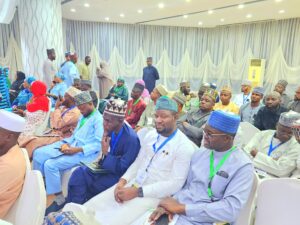
In his address, Vice President Kashim Shettima, represented by Barr. Bashir Maidugu emphasized the summit’s strategic importance in shaping the future of Hajj operations in Nigeria. He praised the National Hajj Commission of Nigeria (NAHCON) for its efforts in sustaining the pilgrimage amid economic challenges.
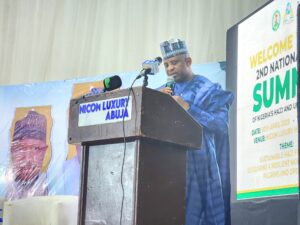
“For the past two years, the administration of President Bola Ahmed Tinubu has shown unwavering commitment to supporting Nigerian pilgrims from timely forex access and diplomatic negotiations with Saudi authorities to strategic interventions aimed at easing financial burdens,” the Vice President stated.
He noted that the rising costs of Hajj and fluctuating exchange rates make it imperative to adopt sustainable financial models. “Countries like Malaysia and Indonesia have shown how structured, Sharia-compliant savings schemes can subsidize pilgrimage costs and contribute to national development. Nigeria must learn from these successes.”
Highlighting the benefits of such models, Shettima referenced Indonesia’s Hajj Fund Management Authority, which has aggregated over $10 billion in returns, enabling a 59% subsidy for pilgrims. Similarly, Malaysia’s Tabung Haji model was cited as a benchmark for effective fund management and spiritual service delivery.
In 2020, Nigeria launched its Hajj Savings Scheme (HSS), aligned with international best practices. The scheme aims to provide a structured, Sharia-compliant savings platform to help Muslims prepare financially for Hajj over time.
“This scheme, if well resourced, can generate investment returns to subsidize Hajj costs and enhance service delivery,” the Vice President added, calling on all stakeholders—financial institutions, religious leaders, Islamic finance professionals, and government bodies—to build Nigeria’s own resilient Hajj financing system.
NAHCON Chairman and CEO, Prof. Abdullahi Saleh Usman, emphasized the commission’s commitment to sustainability. He announced the onboarding of three new non-interest partner banks—Alternative Bank, TAJ Bank, and Lotus Bank—into the Hajj Savings Scheme.
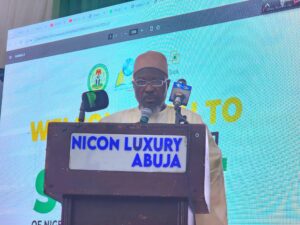
“These banks bring innovative and ethical financial solutions, enabling more Nigerians to plan their pilgrimage with foresight and discipline,” he said.
Prof. Saleh also appreciated the federal government’s provision of Basic Travel Allowance (BTA) in cash, which has brought relief to pilgrims and operators alike.
In his keynote address, Masur Muthar, former Vice President of the Islamic Development Bank and current Chairman of the Board at the Bank of Industry, stressed that Nigeria must adapt global best practices to its unique context.
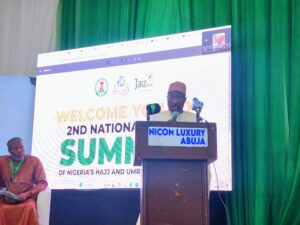
“Every country must design its own model. But by learning from successful examples, we can innovate a system that offers dignity, access, and affordability to more pilgrims,” he said.
Sultan of Sokoto, His Eminence Alh. Muhammad Sa’ad Abubakar, underscored the summit’s importance in improving pilgrims’ experiences and promoting efficiency.
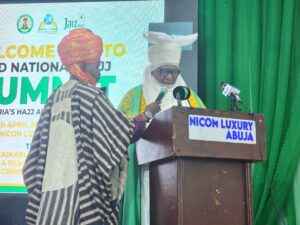
He urged NAHCON to further digitize Hajj operations to reduce costs and improve service delivery.
“The Hajj Commission must continue to organize such summits to stimulate innovation and growth in the industry,” he advised.
In his welcome address, Prof. Mohammed Nasirudeen Maiturare, Rector of the Hajj Institute of Nigeria, noted the rising costs of Hajj due to global inflation and currency volatility.
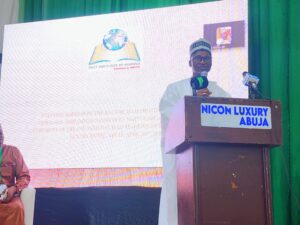
READ ALSO: NSSF Urges Bold Policy Reforms, Stronger Financial Backing for Maternal Health Equity Through Inclusive Health Insurance
Nigeria Unveils Landmark Environmental Standards Certification Scheme
“In 2023, over 95,000 Nigerian pilgrims paid an average of N2.9 million each, injecting an estimated N275 billion into the Hajj economy. In 2024, the number dropped to around 51,477 pilgrims despite government interventions. This year, at an average fare of N8.45 million, over N420 billion is projected,” he said.
The summit highlighted plenary sessions on key themes including sustainable financing models, public-private partnerships, regulatory frameworks, and transparency in Hajj fund management.
